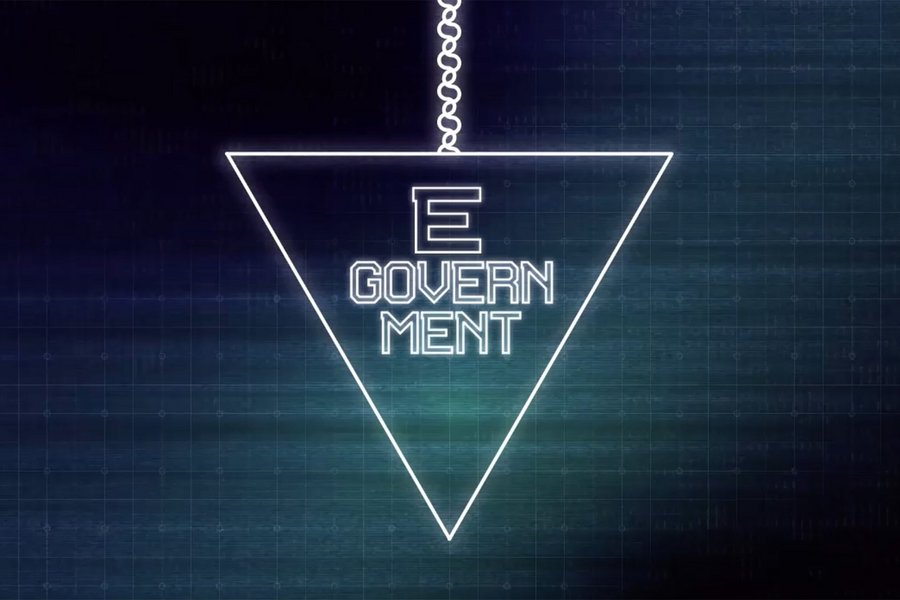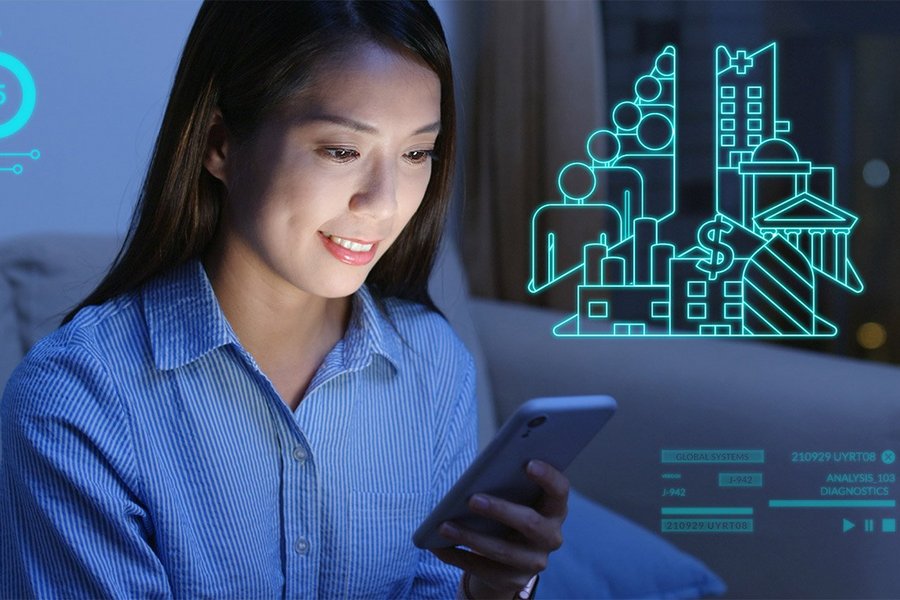One of the many consequences of the COVID-19 pandemic could be an increase in the availability and use of eGovernment services, from registering a birth certificate through to drawing down a pension.
While remote working and the associated need for real-time digital tools, from video communication to e-commerce platforms, have garnered many business headlines since the coronavirus emerged, the potential for governments to provide more of their own web-based, non-coronavirus-related offerings has received less coverage.
Yet progress has continued in rolling out eGovernment services since the United Nations (UN) started writing reports on the matter in 2001. Its latest survey, published in July 2020, revealed that the E-Government Development Index the UN uses to rank each country’s progress rose on a global average basis by 0.5 points compared with the last edition in 2018.1 Denmark tops the index, followed by South Korea, Estonia, Finland, and Australia.
“The global COVID-19 pandemic has reinvigorated the role of e-government,” the report noted. “The utilization of conventional digital government services is becoming more widespread as social distancing drives online interaction. When face-to-face interaction is impossible or discouraged, digital government solutions become vitally important.”




